Meet the new faculty in the School of Pharmacy and Health Sciences
Let’s welcome the new faculty joining the School of Pharmacy and Health Sciences!
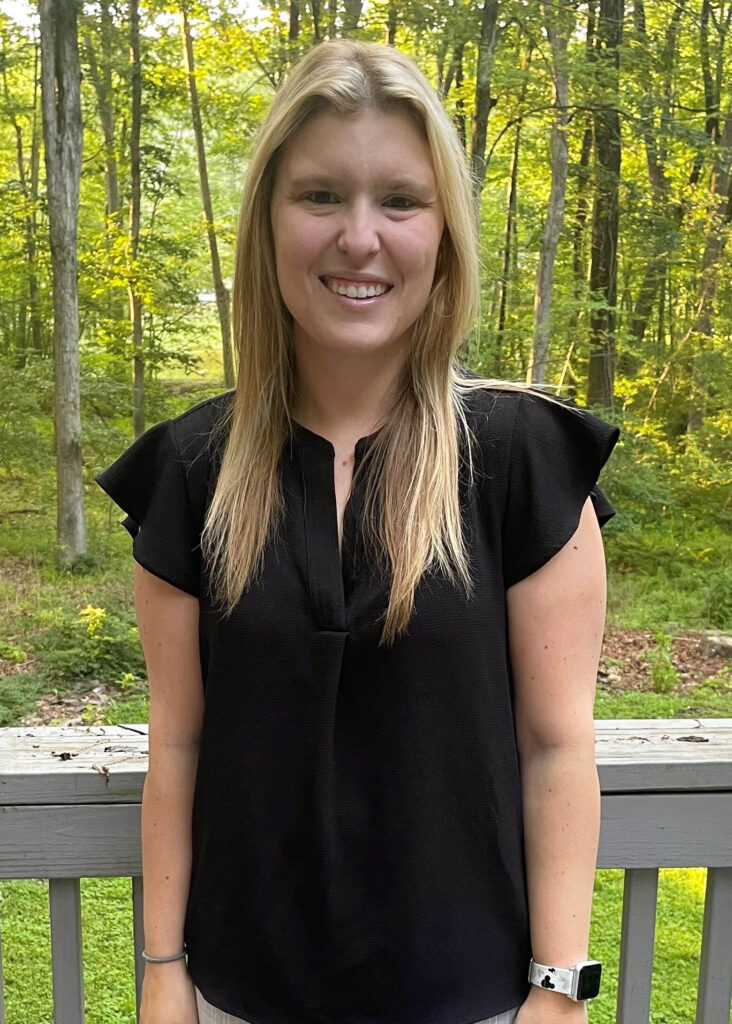
FDU: How has your experience working in communicable disease and public health emergency preparedness readied you to teach public health?
Alyssa Alessandra: My teaching is based on real-life experience. I saw, firsthand, the competencies and skills that are necessary for success in public health, as well as the importance of partnerships, collaboration, and a strong workforce. This was especially apparent during the COVID-19 pandemic as I saw how years of planning and building partnerships paid off during this crisis. This type of real-world experience is valuable to pass on to our students.
FDU: What’s your favorite food?
AA: My favorite food is brick oven pizza!
FDU: What brought you to FDU?
AA: A desire to educate the future public health workforce. After working in the public health field for several years and through the COVID-19 pandemic, my passion to teach elevated with the growing need for an adequately prepared workforce. By being here at FDU, I am helping the future leaders of the field. I’m so excited to be a faculty member for the MPH Program and School of Pharmacy and Health Sciences, and to be a part of this school’s commitment to preparing professionals.
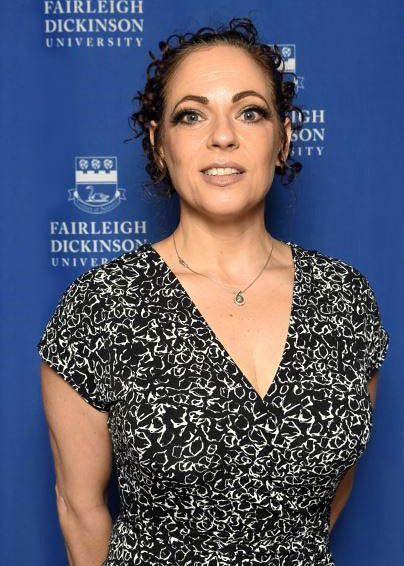
FDU: How has your clinical experience in family medicine/urgent care benefited your supervision of physician assistant students?
Christina Bottiglierie: I went into medicine to teach. If you teach your patients about their health and medical issues, they will have more knowledge and that leads to better outcomes. Being in family medicine keeps me on my toes, because you never know what challenge is in the next exam room. We see it all, and have to be incredibly prepared for it. I have also been a preceptor in family medicine for over 20 years as well; teaching PA students at the end of their schooling has given me great satisfaction. as I teach them how to translate their knowledge into real life practice. I have mentored many PAs, helping them into their new careers, and am still in contact with most of them today.
FDU: If you could imagine yourself as any animal other than human, what would it be and why?
CB: A bear. The bear represents strength, courage, confidence, perseverance, patience, leadership, healing and family. When I am taking care of patients, I have the strength and courage to lead them through their medical challenges, when they are afraid and unsure. When I am teaching students, I am instilling confidence and leadership qualities in them. As a health care provider, I try my best to help heal a patient’s ailments. Being in a family medicine practice and working with PA students is truly a larger extension of “chosen” family that I do my best to support in any way I can.
FDU: What brought you to FDU?
CB: I always wanted to teach at a PA school, but it wasn’t until several students I had precepted and colleagues that I had helped with the onboarding process at my clinical job, echoed my thoughts and brought it up. One colleague pointed me in the right direction toward my initial adjunct position. I loved teaching at the didactic level just as much as I did at the clinical level. I was then directed toward FDU and am excited to be part of the team creating an amazing PA program!
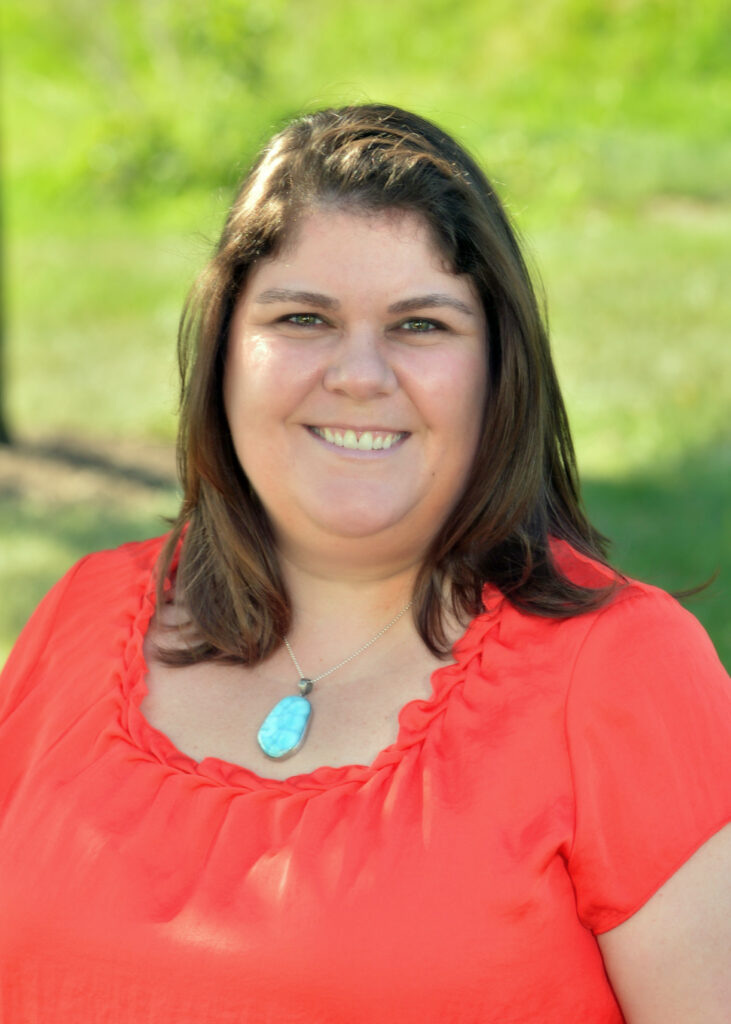
FDU: What’s the most interesting thing that you’ve learned in health promotion and behavior recently?
Andrea Brace: I had a recent conversation about the importance of stress management. Being able to manage your stress response is critical for physical and mental health. One easy thing you can do if you find yourself feeling stressed or overwhelmed is to pause and focus on your breath. Take a deep breath in, and then exhale for longer than you inhaled. So, breathe in for five seconds and exhale for seven. Doing this for a minute or two can help reduce your current feelings. I have started practicing this and it has really helped me. You can find more stress reduction ideas at the following link: Tips for Coping with Stress|Publications|Violence Prevention|Injury Center|CDC
FDU: What is your ideal vacation weekend?
AB: An ideal vacation weekend would occur over a long weekend (three-four days), would be near the water, include my husband and closest friends, and lots of laughter, good food, games, and relaxing. If I could go anywhere on this vacation, it would be to the South Island of New Zealand (but that would take longer than a weekend!).
FDU: What brought you to FDU?
AB: I came to FDU for growth opportunities and because of the supportive, professional atmosphere and the student-centered environment.
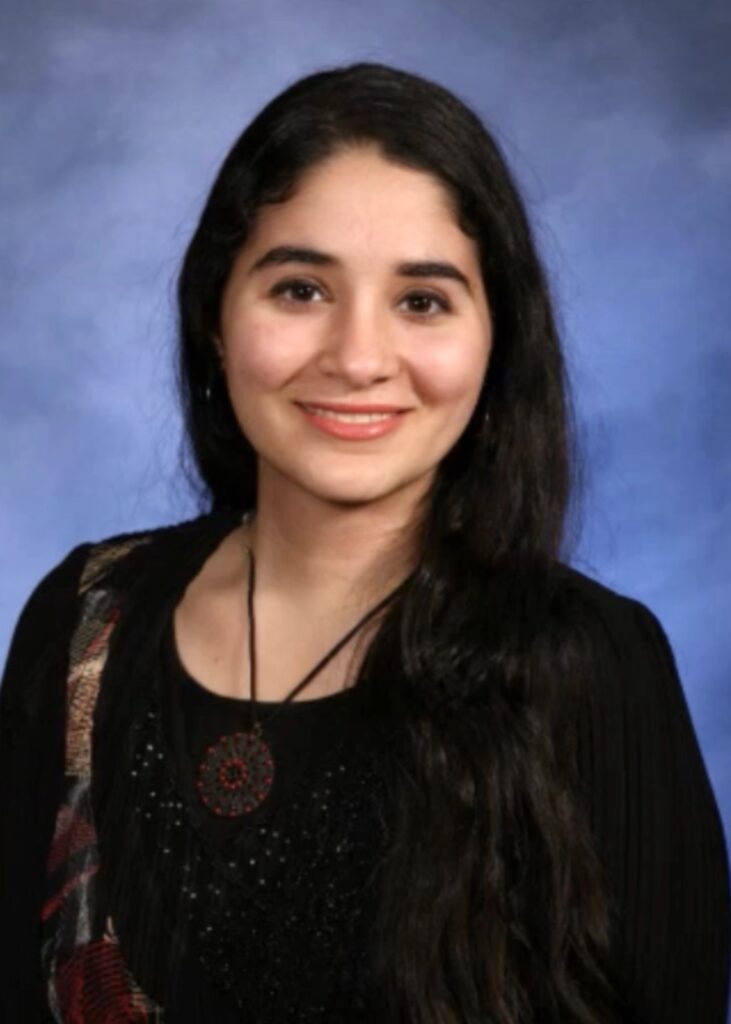
FDU: What is ambulatory care and why do pharmacists need to be fluent in it?
Aia Gamal Eldin: Ambulatory care involves providing health care services on an outpatient basis through medication management, chronic disease state control, and preventive care services. Ambulatory care pharmacists help optimize treatment plans through collaboration with the health care team and ensure patients understand their medications through education.
FDU: What’s one thing you can’t live without?
AGE: My family and friends are my backbone. They’re extremely supportive and have played a key role in my personal and professional growth.
FDU: What brought you to FDU?
AGE: I love the diversity within the School of Pharmacy and Health Sciences and the strong sense of family makes for a great working environment!
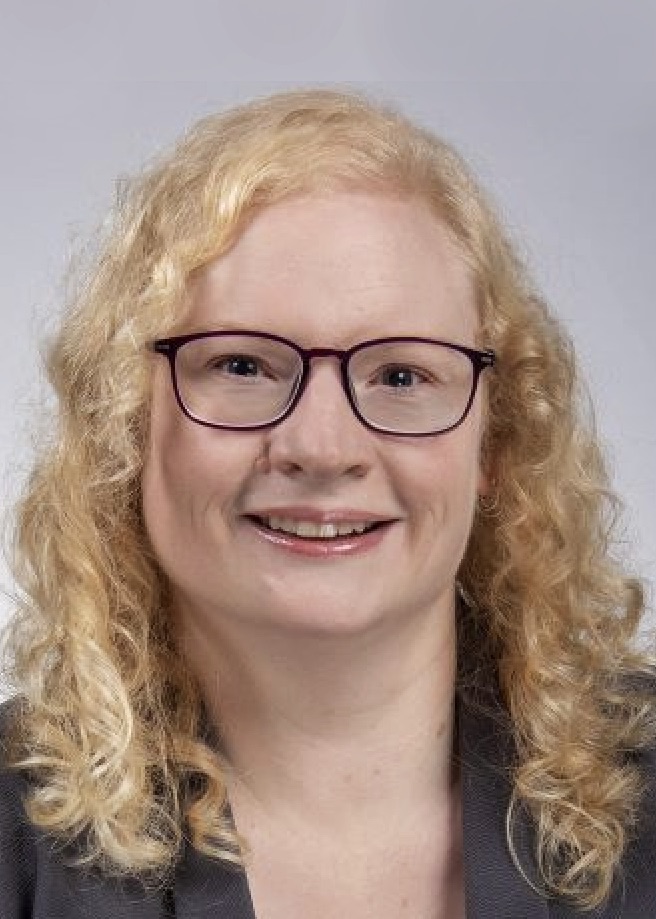
FDU: How would you describe the medical humanities, and how does your expertise in that area affect your work at FDU?
Tara Jenner-Donaldson: The field of medical humanities is an essential piece of health care practice. There is so much emphasis on the science of medicine, but health care cannot be whole without the art of medicine made possible by medical humanities. I operate through a humanistic lens and bring this to every aspect of my work. When teaching, I focus on the importance of considering the whole patient, of good communication and interpersonal skills, of opening ourselves to understanding those around us, and having appreciation for cultural, societal, and religious differences. The ability to connect with patients is the foundation of providing care.
The medical humanities field also addresses the importance of provider well-being because providers are people, too, and taking care of others is taxing. One of my favorite aspects of medical humanities is storytelling. Stories allow us to enter another person’s world and experience to understand their perspective and guide us in our approach to working with others. There is something to learn from every story.
FDU: What is your favorite childhood memory?
TJD: My family went camping when I was growing up. We had a camper (not a tent kind of family). My bed was the foldable dining room table. My mom, dad, brother, sister and I traveled all over the country this way. I loved our annual trips to Cedar Point, Ohio, going on the rides or to the water park, walking to the lake, taking a break in the afternoon, and going back to the park at night. Some of my favorite places to camp were Virginia Beach, Va., Erie, Pa/, and Mohican State Park in Ohio. I loved falling asleep to the chatter and laughter of people around the campfire.
FDU: What brought you to FDU?
TJD: I spent five years going to graduate school down the street. I came to know a bit about FDU through seeing the banners downtown and through collaboration for Relay for Life. I left the area after graduation and returned to the Midwest during the pandemic. A Monday morning phone call led me back to the area and to FDU. I truly believe through the events that brought me here that I am where I am supposed to be. Being at FDU is unlike any other experience I have had. Our FDU School of Pharmacy and Health Sciences family genuinely cares about the work we do, our students, the University, the communities around us, and making healthcare the best we can.
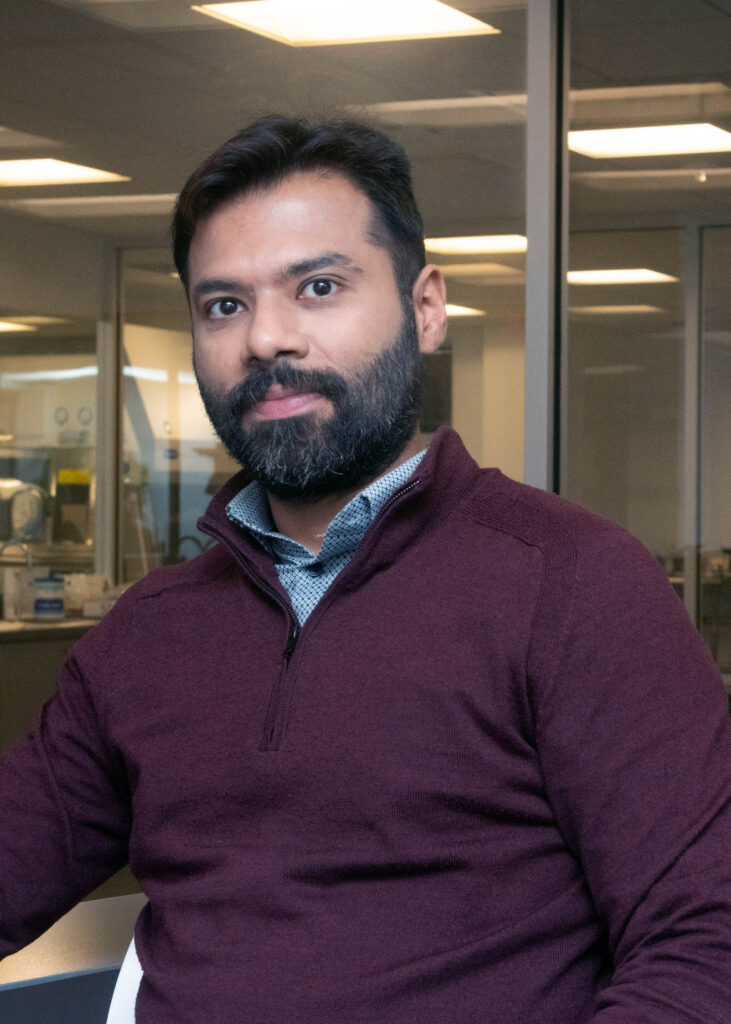
FDU: What’s one thing you’d like your students to learn about pharmaceutical development?
Arjun Kalra: One thing that students should know about pharmaceutical (drug) development is the abundance of opportunities to explore. If you like biology, there is clinical development with a focus on pharmacology and translational research. If you crave chemistry, there is analytical development with a focus on separation science, and spectroscopy, among others. If you like engineering, there is product development with a focus on manufacturing, materials science and so on.
Even after spending a decade as a pharmaceutical scientist, I am still exploring new areas which excite me and spark my scientific curiosity!
FDU: What do you consider to be the highlight of your last year?
AK: My road trip from California to New York. More than 60-hours of driving (with a few stops along the way) across the beautiful North American landscape. Texas stands out as a unique experience with the LoneStar state greeting me with a sandstorm, hailstorm and snowstorm, all within a few miles of driving.
FDU: What brought you to FDU?
AK: FDU’s commitment to students first gives me the opportunity impact student lives and nurture the talent of the future. In addition, FDU’s resolve to create a diverse, equitable and inclusive campus further fuels the desire to provide excellent education to students.
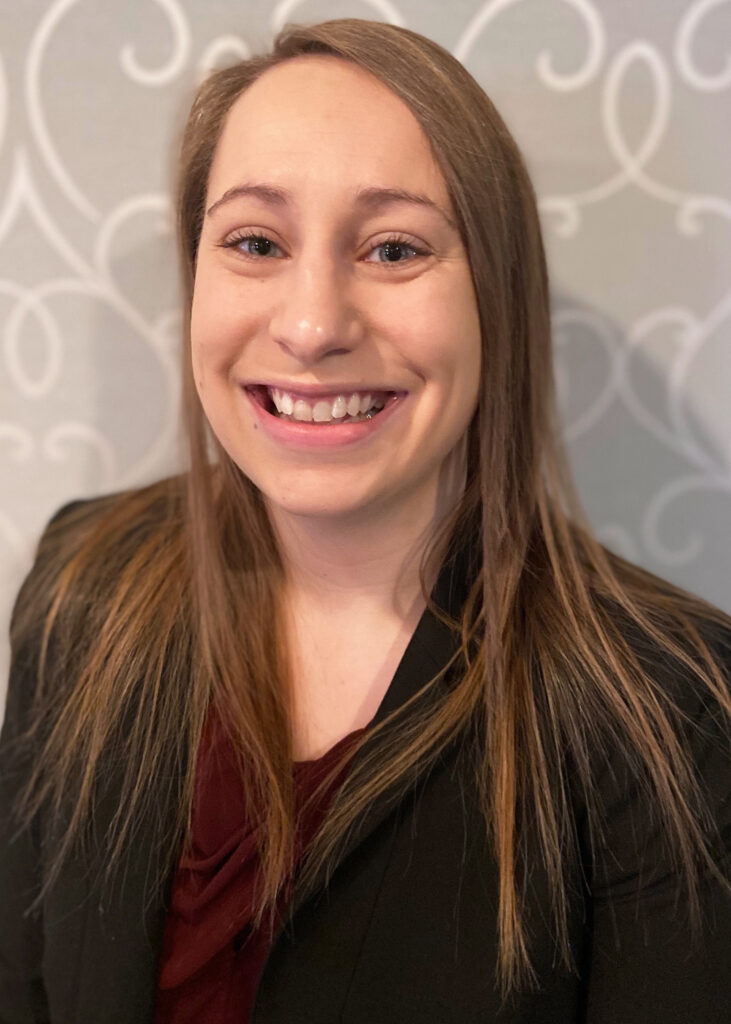
FDU: What does your education and your work as an ambulatory care pharmacist bring to your teaching of pharmacy practice?
Jenna Nehls: I have always been passionate about teaching my entire life. During my fourth-year pharmacy school rotations, I elected to take a rotation with my school of pharmacy pharmacotherapy lab course and participated in teaching and grading. During my residency, I precepted countless students at Harrison School of Pharmacy at Auburn University and helped them grow during their training focusing on diabetes, health screenings, and chronic disease state knowledge. Also, in my last practice as an ambulatory care pharmacist at Mayo Clinic, I was able to precept multiple pharmacy students, PGY-1, and PGY-2 pharmacy residents. I have experience working under a broad collaborative practice agreement with primary care providers to help patients manage their chronic disease states such as diabetes, hypertension, and hyperlipidemia. I am excited to share my knowledge from working in these settings with future pharmacists.
FDU: How do you define success?
JN: I define success as when I feel fulfilled in both my professional and personal life. In my opinion, many of the reasons why a person is successful professionally is because they have a wonderful personal support system that makes professional success much more achievable.
FDU: What brought you to FDU?
JN: When I relocated to New Jersey due to my spouse’s occupation, I wanted to find a job that fulfilled my love for pharmacy and teaching. I was fortunate enough to find a job at FDU that allowed me to empower both. I really enjoy the “students first” mindset and appreciate the pharmacy class sizes, making it a more personal experience for everyone.
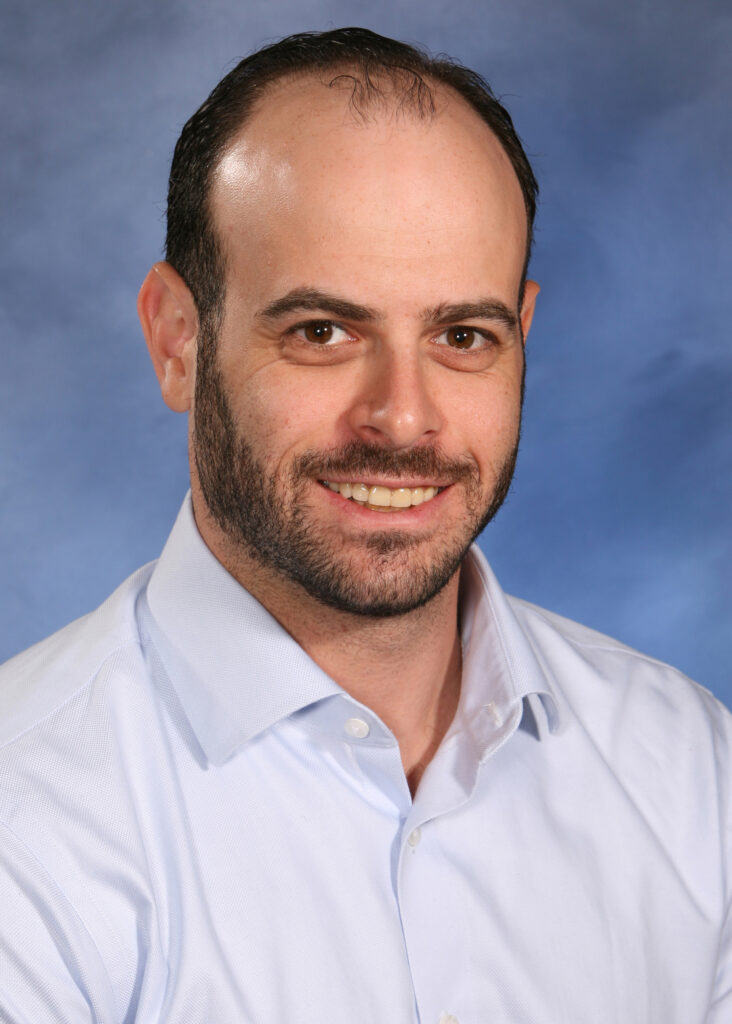
FDU: What did you learn as an infectious disease pharmacist at King’s County Hospital Center and Staten Island University Hospital?
Eric Ocheretyaner: Infectious disease requires you to be on your toes and constantly adapt to new threats (such as those with the emergence of COVID-19), and its ever-evolving nature is what sparked my initial interest. We are frequently faced with new antimicrobial resistance that requires us to be creative with our antimicrobial regimens. King’s County Hospital Center exposed me to many HIV-infected patients, allowing the experience in treating infectious diseases rarely seen at other institutions. At Staten Island University Hospital, I continued to work with infectious disease clinicians tailoring antimicrobial therapies to target multidrug resistant infections.
FDU: If you could live anywhere in the world, where would it be, and why?
EO: I recently took a trip to Portugal with my pregnant wife on our “baby moon.” This was my first trip to Europe, and I quickly fell in love with the culture, historical sites and delicious food! At present time, I would say the Algarve coast of Portugal would be my top pick, given its amazing scenic coastline, picturesque cliffs and beautiful beaches, and an abundance of mouthwatering seafood.
FDU: What brought you to FDU?
EO: I initially began searching for a position that would bring me closer to my wife and newborn daughter. I heard great things about FDU, from what it was doing as an academic institution to the overall environment and culture, and that drew me to pursue a position at FDU. I could not be happier with my decision given the ability and support to focus on my interests as a clinician and professor, as well as the ability to work with great individuals.

FDU: How does your research into medication reconciliation post-discharge factor into what you teach your pharmacy practice students?
Dania Rehman: As an ambulatory care clinical pharmacist, I am passionate about ensuring a patient’s medication list is accurate especially after hospital discharge. Students on rotation learn how to do a quality medication reconciliation by asking open-ended questions, ensuring that the patient understands their medications and addressing any medication adherence barriers such as cost or forgetfulness. A quality medication reconciliation post-discharge is vital in preventing a potential hospital readmission.
FDU: Who is one person, dead or alive, that you wish you could meet? Why?
DR: I would love to meet Prophet Muhammad (peace and blessings be upon him), be in his presence and learn from him as he is an ideal role model and set an example as a husband, father, friend, and spiritual leader to bring about love, peace, tolerance and equality to the world. In fact, Michael Hart in his book, 100 Most Influential People ranks Muhammad number 1 on the list because he is the only man to have been both a founder of a major world religion and a major military political leader.
FDU: What brought you to FDU?
DR: As someone who has had great teachers, I believe stepping into the role as a clinical professor at a place like FDU is a perfect stepping-stone into academia. FDU offers exceptional education while providing growth opportunities in the areas of service, scholarship and teaching for which I look forward to expanding upon.
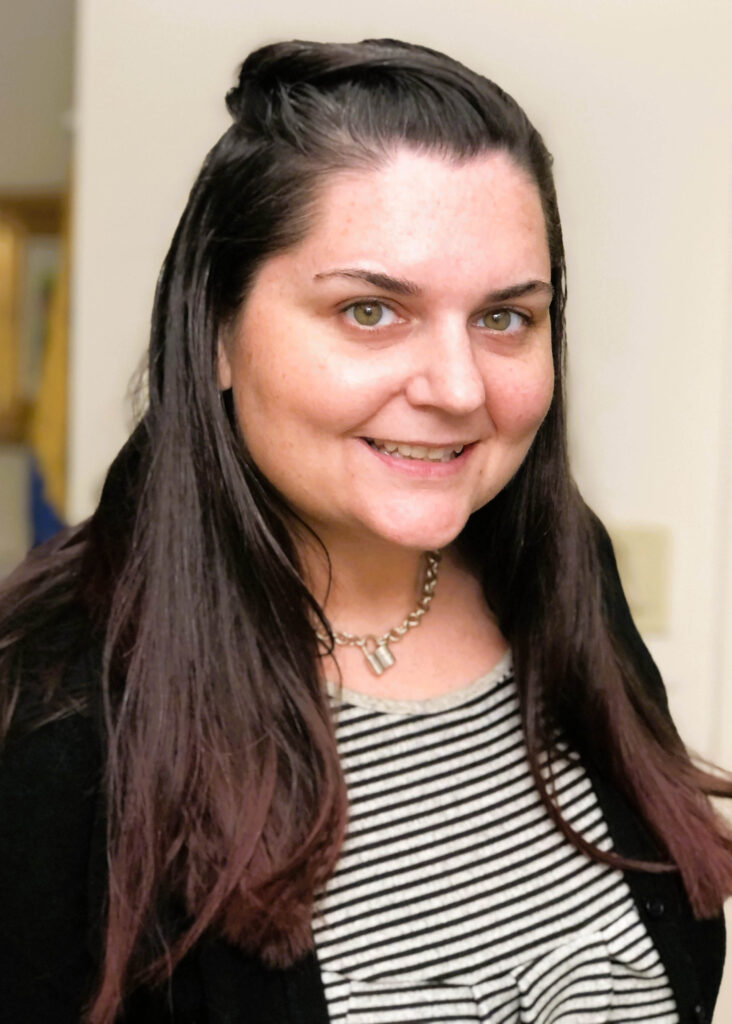
FDU: What is one of the most important elements of K-12 social work that you hope to pass on to your students?
Tiffany Timberman: K-12 education is more than a place where kids go to learn; it’s a system where social justice and human rights have deep implications. Social workers have traditionally provided individual support to students, but our profession is uniquely positioned to assist school districts and departments of education in confronting and challenging systemic issues like racism and oppression. My hope is that students are inspired to expand the role of social work in K-12 spaces and work as innovators to help make education more equitable, inclusive, and safe for students.
FDU: If you could go back in time and change one thing, what would it be?
TT: Though I’ve faced challenges in my life that have brought about considerable suffering, I wouldn’t change the past events that led me here. Each experience has been a stepping-stone and a lesson, preparing me for new growth. Altering a single moment would have diverted my journey entirely, leaving me in a different place. I wouldn’t be here, and I am grateful to be where I am now.
FDU: What brought you to FDU?
TT: FDU’s commitment to student-centered teaching and students is why I am here. I firmly believe that student well-being is crucial in education. My background in K-12 taught me that we cannot dismiss the complexities and life challenges that people face as indicators of intelligence or ability to be successful with their academics. Learning becomes nearly impossible if we are struggling with our mental health, don’t feel included, or are made to feel like we don’t matter. At FDU, the focus isn’t solely on academic achievement but also on the mental health and overall well-being of its students. The University continues to consider new ways to engage in holistic approaches to supporting students so they can be successful and overcome any barriers they may face.
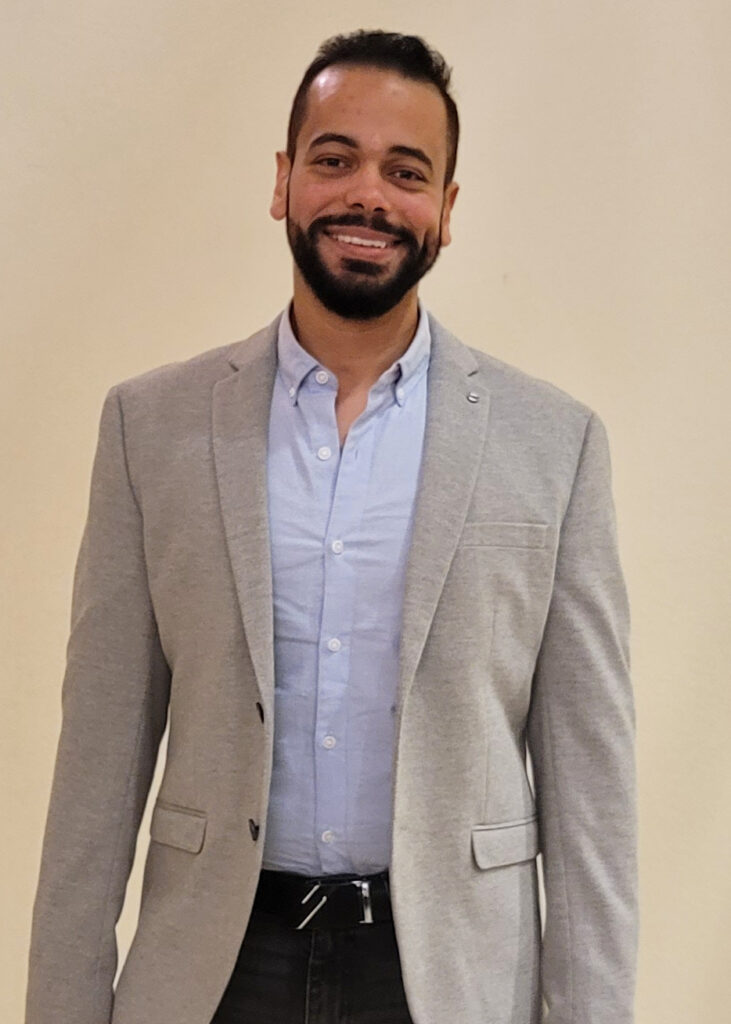
FDU: Your Ph.D. focused heavily on neuropharmacology. How does that relate to what you teach today?
Michael Zaki: My PhD was heavily in neuropharmacology, in addition, I was working as registered clinical pharmacist with additional prescribing authority in Alberta College of Pharmacy, Canada. I am currently teaching P1 and P2 students pharmacology courses and integrated pharmacotherapy courses including neuropsychiatric disorders, cardiopulmonary and endocrine disorders. I am also coordinating pharmaceutical calculation courses.
FDU: What is your most treasured possession?
MZ: Students of a previous institution made a mini book and filled it with their appreciation for the two courses I taught them and gave it as a surprise to me. I treasure time outside, hiking and exploring new places with natural scenery with mountains or sparkling blue lakes.
FDU: What brought you to FDU?
MZ: Faculty members work together at FDU as a family and most of faculty members are experts in their areas and are so helpful. FDU has the advantage of being located close to many pharmaceutical industrial companies which brings potential collaborations between academia and industry. My experience as a clinical pharmacist with prescribing authority helps me to link the gaps between basic sciences to the clinical practice including disease diagnosis, treatment algorithms, adverse effect of medications and drug interactions. I am looking forward to publishing my research with FDU.